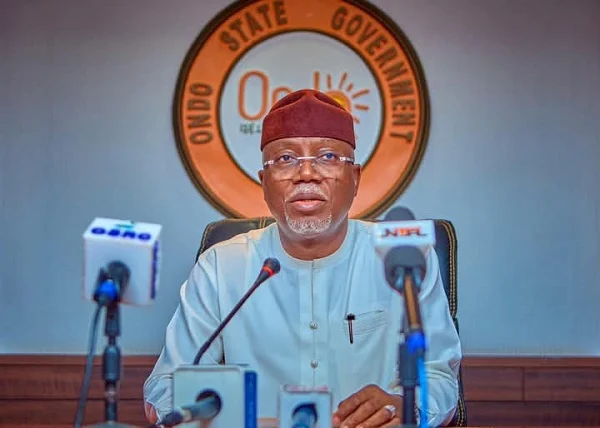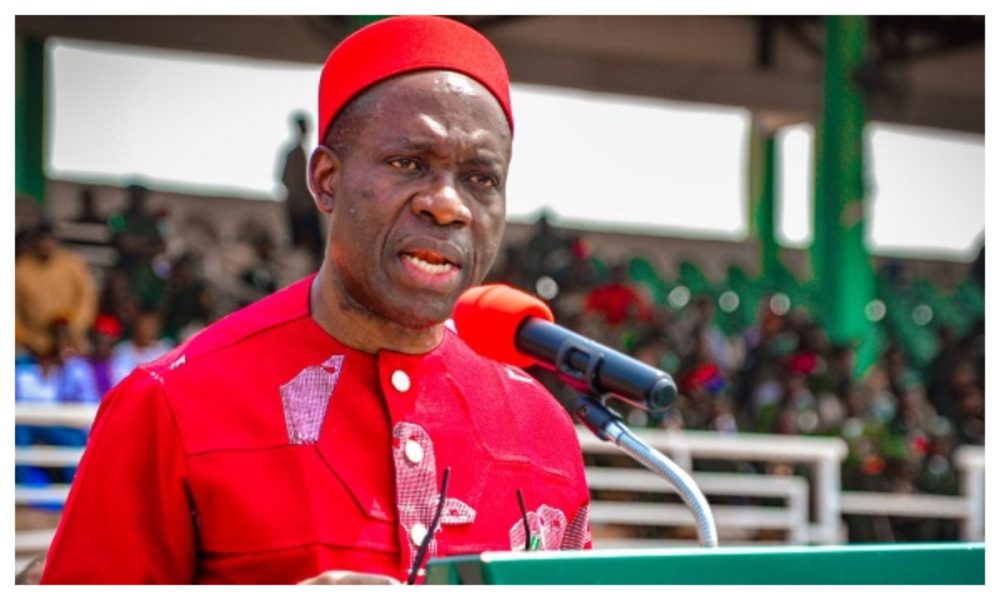Tinubu’s Directives Boost Local Content Reforms, NCDMB Reports Rising Industry Impacts

The Nigerian Content Development and Monitoring Board (NCDMB) says the implementation of President Bola Tinubu’s 2024 directives is driving measurable progress in Nigeria’s oil and gas sector, improving local participation, cutting project delays, and creating new jobs across the value chain.
In a review of recent outcomes, the Board described the policy as a turning point in the country’s decade-long local content journey, noting that in-country value retention had risen to 56 per cent by late 2024, up from 54 per cent in 2022.
The directives, issued under Section 100 of the Nigerian Oil and Gas Industry Content Development Act and published in the Federal Government Gazette of March 6, 2025, were designed to strengthen competitiveness, eliminate unqualified middlemen, and accelerate contracting timelines.
According to the guidelines, “NCDMB shall not approve any Nigerian Content Plan that contains intermediary contractor entities without the capacity to perform the required services.”
Only contractors meeting the legal and operational benchmarks for local content are now eligible for consideration.
Executive Secretary of NCDMB, Engr. Felix Ogbe, said the Board had aligned its contracting rules, supplier qualification systems, and training programmes with the President’s economic priorities to ensure faster, transparent, and fairer processes.
“The new approach is cutting idle time on projects and reducing inflationary costs while encouraging operators to reinvest in local supply chains rather than import inputs,” Ogbe said.
The Board has updated its contracting-cycle guidelines, strengthened the Nigerian Content Joint Qualification System, and expanded supplier-development initiatives to make it easier for Nigerian firms to compete for major oil and gas contracts.
Under the reforms, NCDMB is also enforcing stricter compliance mechanisms to ensure Nigerians capture a larger share of the industry’s value while rewarding cost-efficient operators with fiscal incentives such as tax credits for measurable savings.
Legal analysts at Aluko & Oyebode noted that the policy aims “to make the industry more competitive and to limit any negative impact of local-content regulations on investments and operations.”
Since assuming office in December 2022, Ogbe has pursued what the Board described as a pragmatic and institutional approach to implementing Tinubu’s directives, working with the petroleum ministry and international partners to promote efficiency and technology transfer.
Beyond policy reforms, NCDMB has intensified industrial training, fostered joint ventures between Nigerian firms and global equipment manufacturers, and expanded domestic fabrication yards capable of handling complex modular construction.
Through programmes such as the Nigerian Content Intervention Fund, which has disbursed over $300 million to more than 150 beneficiaries, and its community contracting scheme, the Board said it is providing fair-access financing and empowering entrepreneurs to create jobs at the grassroots.
The impact, it said, extends beyond the oilfields, boosting national revenues and strengthening local supplier clusters that can compete regionally.
NCDMB has also supported the establishment of six university centres of excellence for research and manpower training, a move it believes will deepen technical capacity and innovation in the sector.
According to the Board, these initiatives reflect the Tinubu administration’s “Renewed Hope” agenda, which prioritises inclusion, industrialisation, and domestic productivity.
“With sustained enforcement and collaboration, Nigeria’s oil and gas industry is becoming more predictable and globally attractive,” Ogbe said, adding that the presidential directives have “reinvigorated confidence in local content as a driver of national growth.”









